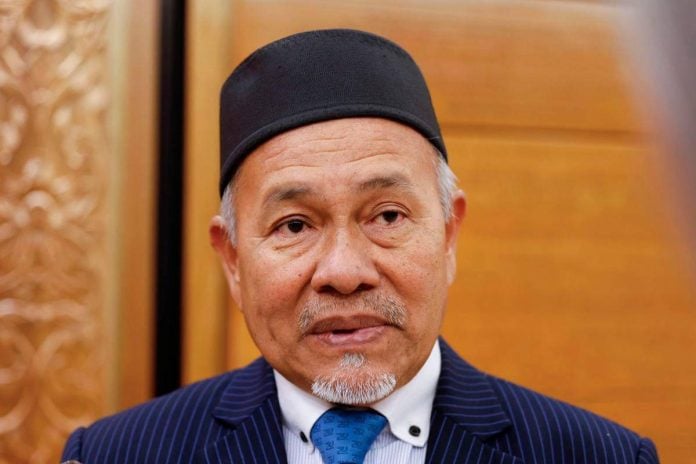PETALING JAYA: Kubang Kerian MP Datuk Seri Tuan Ibrahim Tuan Man has expressed support for the government’s move to introduce a carbon tax for the first time, but stressed the importance of establishing a clear implementation mechanism and legal foundation to ensure its effectiveness.
Speaking in response to Budget 2026, Tuan Ibrahim said while he personally welcomed the tax which will target sectors such as manufacturing and energy, more clarity was needed on how it would be enforced.
“This is the first time the government is introducing a carbon tax. While I support it in principle, we need to look closely at the mechanism and its impact on industries, especially since they’ve never been taxed this way before,” Tuan Ibrahim told theSun when contacted.
He added that before imposing any new tax, the government must first establish a proper legal framework.
“We can’t implement a tax without a law. The relevant Act needs to be drafted and passed before enforcement can begin. Only then can the tax be imposed effectively on high-emission industries.”
Tuan Ibrahim, who is also the former Environment and Water Minister, also raised concern over flood mitigation efforts, noting that the issue has yet to be sufficiently addressed despite the growing threat of climate change.
“Flooding remains a serious local issue. With climate change causing greater damage each year, costing us up to RM5 to RM6 billion annually, we must give stronger focus to flood mitigation initiatives.”
The PAS deputy president added that he intends to examine the environmental and climate change-related provisions in Budget 2026 more closely, particularly in terms of their impact on ports, infrastructure, and overall budget allocations.
Meanwhile, Tasek Gelugor MP Datuk Wan Saiful Wan Jan has called for a comprehensive overhaul of the welfare system to ensure long-term sustainability.
“What caught my attention most is the government’s firm commitment to targeted subsidies and social welfare aid. Our country has been shouldering an extremely high subsidy burden for years, and if it continues, it will become unsustainable,” the Bersatu supreme council member said in a statement.
He pointed out that the government had estimated that targeted subsidies could save up to RM15.5 billion, and stressed that this initiative must continue, with even clearer criteria outlined in Budget 2026, especially to ensure that those in the B40 and M40 groups receive adequate support in the face of rising living costs.
To ensure the effectiveness of subsidy targeting, Wan Saiful urged the government to undertake a comprehensive review of all current welfare and subsidy mechanisms.
“Budget 2026 should be the platform for a full-scale welfare and subsidy mechanism review. We can look at how the United Kingdom reformed its welfare system in 2010 under Iain Duncan Smith.”
He pointed how the UK’s “Universal Credit” scheme streamlined various subsidy and welfare programmes into a single mechanism, allowing citizens to access all forms of eligible assistance through just one application.
This, said Wan Saiful, contrasts with Malaysia’s current fragmented system, where individuals must approach different agencies, each with its own processes and bureaucracy.
He called on the government to table a White Paper on Comprehensive Welfare and Subsidy Reform in Parliament in 2026, aimed at overhauling the system and enhancing delivery efficiency.
“If the government truly wants to improve the effectiveness of targeted subsidies and welfare, then introducing a White Paper is a step in the right direction.”










